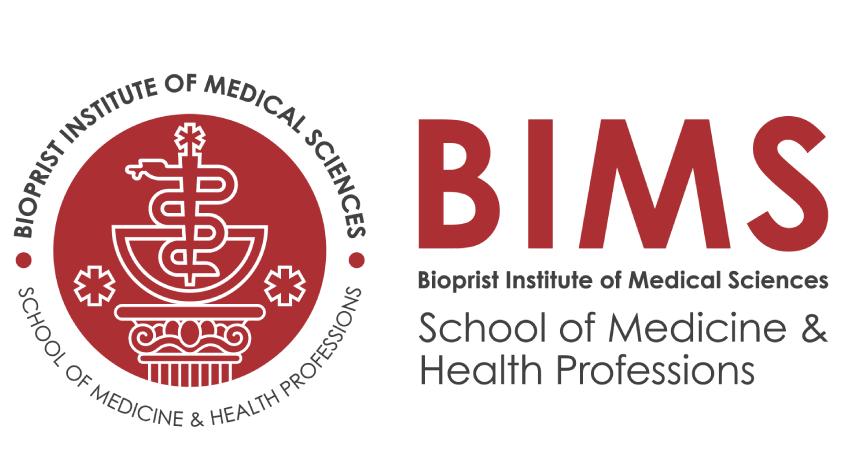Mental Health, something that needs continuous and consistent attention. Today, so much effort goes into looking good, especially for students. But how much efforts goes into “feeling good”? Really little. The brain – like any other part of the body, also needs to be nurtured and nourished. A student once put it so nicely – “Therapy to me is like going to a mental gym, to keep my brain fit and fine”. That sums it up so beautifully.
May is Mental Health Awareness month, according to the Medical News Today, USA. Increasing awareness and ways to look after one’s mental health should be a priority for all.
Post Covid19 the world has realised the role of health and mental health. Mental Health Awareness is the recognition and understanding that people may have mental health issues. It is important to promote resources that can support mental well-being.
Running regular mental health awareness campaigns helps educate individuals and communities about various mental health disorders, their causes, symptoms, and available treatments. These campaigns can help emphasize the importance of seeking help, destigmatizing mental illnesses, and promoting self-care practices to maintain good mental health.
For medical students, who are preparing for a career that is challenging and stressful, their mental wellbeing is crucial and even more important. Medical students need to be prepared as they will face unique challenges that they need to overcome to become compassionate and competent healthcare professionals.
Some key points to consider:
- Stigma: Promote a supportive and open environment that reduces the stigma attached to mental health. Students should be encouraged to share their experiences and make seeking help normal.
- Support: Students should seek support without the fear of being judged. Support could be from reaching out to trusted friends, family, or faculty. Peer support can help students feel a sense of belonging with the community and reduce feelings of being alone.
- Signs: Common signs of mental health issues include poor academic performance, mood swings, poor sleep patterns, or behavioural difficulties. Students should be encouraged to recognise these symptoms in themselves and their peers.
- Self-care: Medical students should ensure own mental health through techniques like regular exercise, healthy eating habits, proper sleep, and stress management.
- Role models: Faculty can openly discuss their own mental health issues if any to serve as role models.
Mental Health Awareness must be an ongoing and collaborative effort between medical schools, staff, and students to create an environment that supports students in their academic and personal growth to face such a challenging career.


